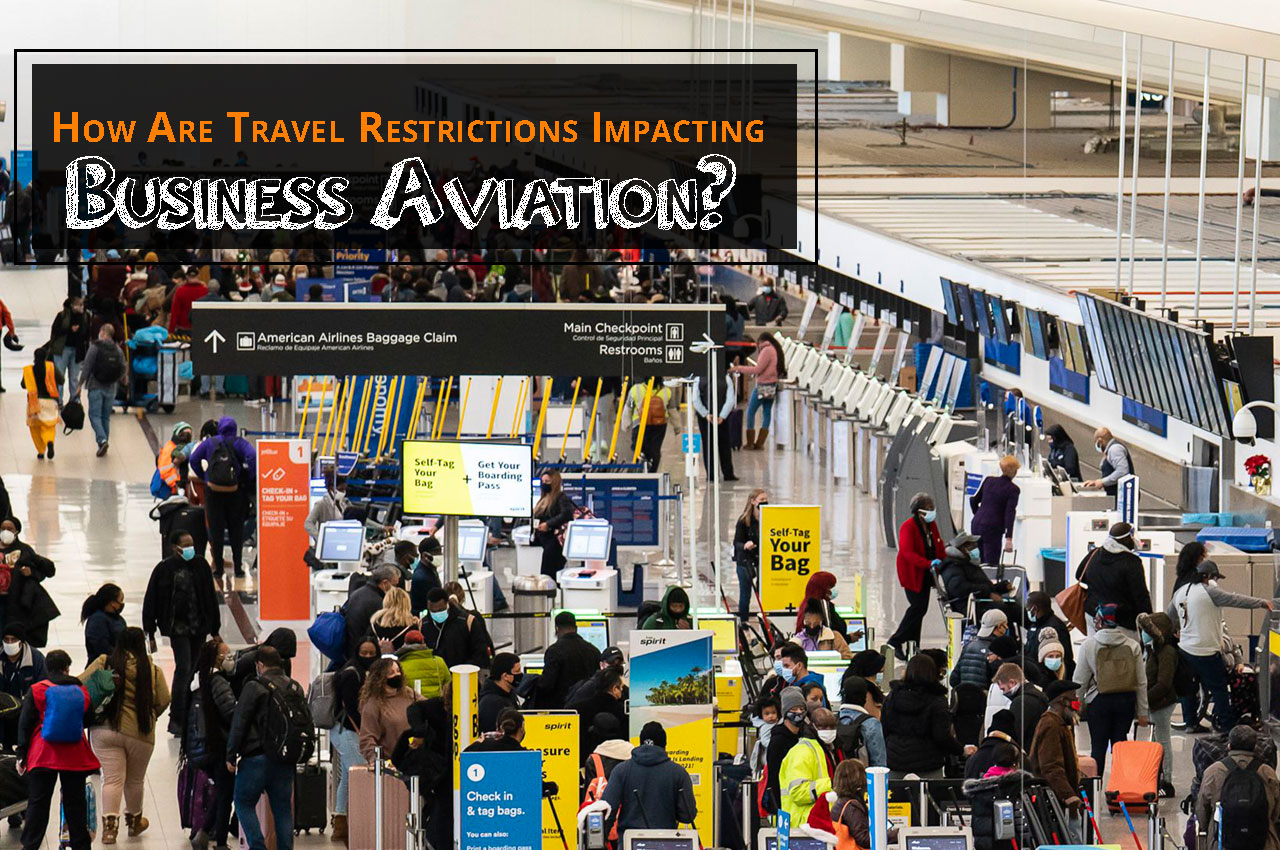Trade Restrictions
There is no doubt that geographical distance has a negative impact on bilateral trade. As compared with the previous quarter, global merchandise trade decreased by 14.3% in the second quarter of this year, marking the sharpest quarter-on-quarter decline in history. Furthermore, the WTO forecasted a whopping 9.2% annual decline for the year 2020 in merchandise trade.
Focused attention on the initial breakdown of supply chains, distribution of food and medical supplies, and the breaking down of many supply chains has also reminded the world of how heavily dependent countries are on trade, and especially how heavily China contributes to the world economy. And the effect the pandemic has had on trade has therefore been a lot.




